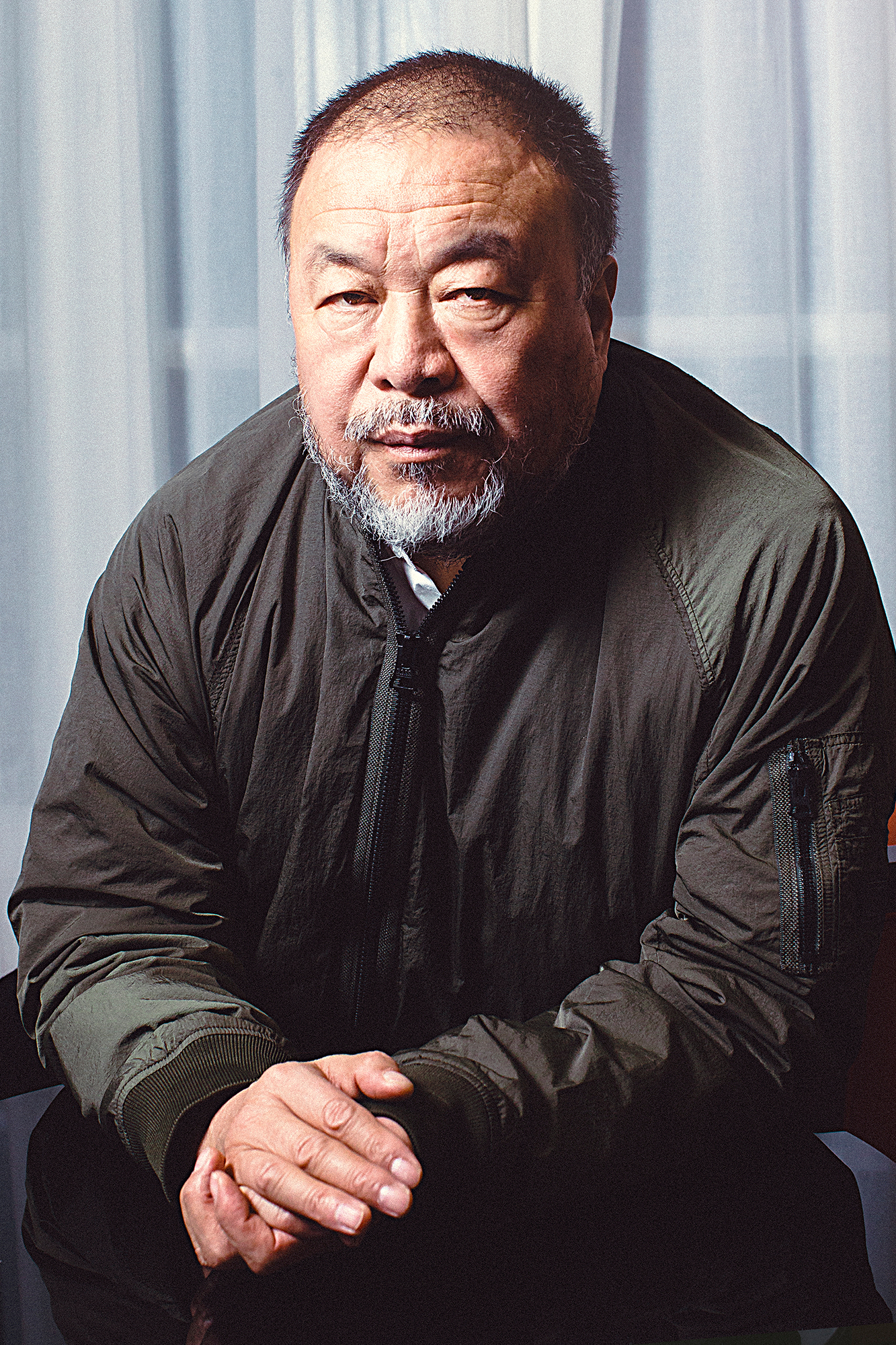Ai Weiwei << eye wayway >> (1957-…) is a Chinese artist and social and political activist. As an artist, Ai Weiwei has worked in motion pictures, video, architecture, performance art, photography, painting, and sculpture. His frequent criticism of the Chinese government and its retaliation against him have made Ai Weiwei an international symbol of the individual’s fight against government tyranny.

Much of Ai Weiwei’s best-known art consists of installations—that is, three-dimensional works that are often created for a specific location. Many of his installations focus on human rights issues or attempt to connect the modern world with traditional Chinese culture. For example, in 2016, he created a series of mythological creatures drawn from traditional Chinese children’s stories handed down from generation to generation. However, his use of these figures is also a reference to censorship laws by the Chinese government that forbid references to the old stories. The figures were created on a series of bamboo and silk kites made by Chinese kite makers in the Shandong province. The installation, which decorated a department store in Paris, France, is also typical of Weiwei’s interest in exhibiting in unusual and unconventional spaces.
Ai Weiwei injects social commentary into much of his art. For the installation Sunflower Seeds (2010) at the Tate Modern museum in London, England, Ai Weiwei scattered 100 million porcelain “seeds” hand painted by 1,600 Chinese craft workers as a comment on mass consumption and the loss of individuality in modern life. Forever Bicycles, first installed in Taipei, Taiwan, in 2011, was composed of 1,200 bicycles that symbolize freedom of movement. His Good Fences Make Good Neighbors (2017) installation in New York City, New York, consisted of about 300 separate pieces scattered throughout the city’s five boroughs (districts). The installation was part of his campaign to raise awareness of the plight of refugees seeking sanctuary and the way national and cultural divisions are created.
For many years, Ai Weiwei has openly criticized the Chinese government, accusing it of human rights abuses and corruption. On April 3, 2011, Ai Weiwei was arrested just before taking a flight to Hong Kong. He was held without a charge for 81 days. The arrest created a storm of international protest. He was released in June but was not allowed to travel to other countries. The restriction was lifted in 2015.
Ai Weiwei was born on Aug. 28, 1957, in Beijing, China’s capital city. His father was the poet Ai Qing, who fell into disfavor with the government in 1957. The family was sent to a labor camp in 1958, and later exiled to remote areas of northeast and northwest China, before being allowed to return to Beijing in 1976. In 1978, Ai Weiwei enrolled in the Beijing Film Academy. About this time, he helped found an experimental art group in Beijing called the Stars. From 1981 to 1993, he lived in the United States, primarily in New York City. He attended the Parsons School of Design (now Parsons The New School for Design) and the Art Students League of New York, returning to China in 1993. Ai Weiwei was the artistic consultant for the design of the Beijing National Stadium, built for the 2008 Summer Olympic Games.
